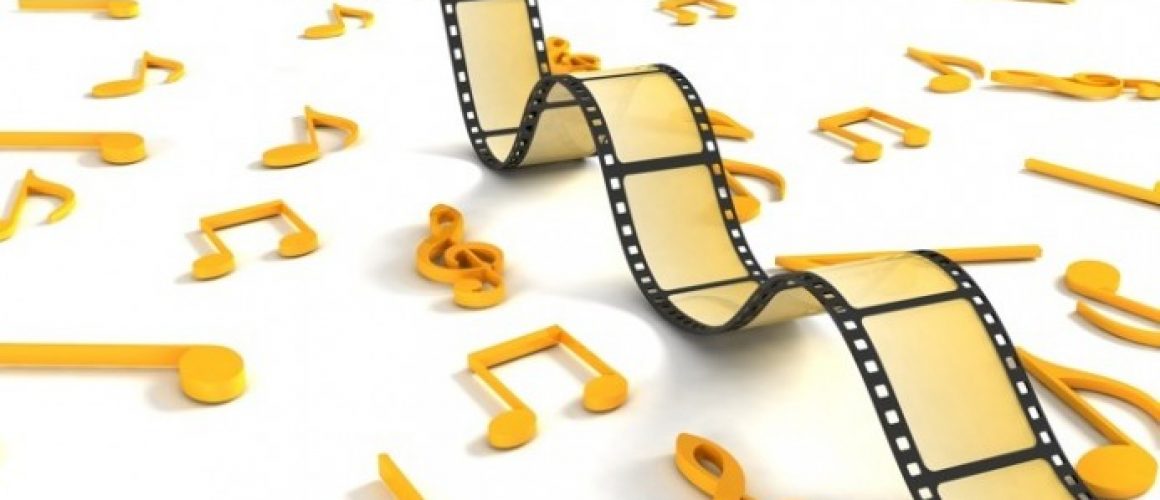How to Get Your Music in Movies: A Comprehensive Guide
How to Get Your Music in Movies: A Comprehensive Guide
Blog Article
The intersection of music and film is a vibrant, dynamic space where artistry meets commerce. For many musicians, having their music featured in movies is a coveted goal. It’s a way to reach wider audiences, How to get your music in movies gain exposure, and potentially boost their career. But how do you navigate the path from recording studio to silver screen? Here’s a comprehensive guide on how to get your music in movies.
1. Understand the Role of Music in Film
Before diving into the industry, it's crucial to understand how music functions within a film. Music can serve various roles: as a score that underscores the film's emotional landscape, as a soundtrack that highlights key scenes, or as source music that plays within the scene itself. Different types of music placement have different processes and requirements.
2. Develop a Strong Portfolio
Your first step is to build a compelling portfolio of your music. This means having a selection of tracks that showcase your versatility and quality. Your portfolio should include:
- High-quality recordings: Ensure your tracks are professionally mixed and mastered.
- Variety: Include different styles and moods to demonstrate your range.
- Licensing Information: Clearly state if your music is available for licensing and provide relevant details.
3. Research Music Supervisors and Licensing Agents
Music supervisors are the professionals responsible for selecting and placing music in films. They work closely with directors and producers to find the right tracks for specific scenes. Licensing agents, on the other hand, help negotiate the terms of using your music. Research and create a list of potential contacts who are actively involved in film projects that align with your style.
4. Submit Your Music to Music Libraries
Music libraries, also known as production music libraries, are collections of royalty-free music available for licensing. Many filmmakers browse these libraries to find suitable tracks. Submitting your music to these libraries can be a great way to get your work noticed. Some well-known music libraries include:
- Audio Network
- Musicbed
- Artlist
- Pond5
Make sure to follow each library's submission guidelines and ensure that your music is properly tagged and categorized for easy discovery.

5. Network in the Film Industry
Networking is crucial in the film industry. Attend film festivals, industry conferences, and local networking events where you can meet film professionals, including directors, producers, and music supervisors. Building relationships in these circles can open doors to opportunities. Additionally, online platforms such as LinkedIn and industry-specific forums can also be useful for making connections.
6. Create a Strong Online Presence
A professional online presence can significantly impact your chances of getting your music in movies. Maintain an updated website showcasing your portfolio, press kit, and contact information. Social media platforms like Instagram, Twitter, and LinkedIn can also help you stay connected with industry professionals and share your work.
7. Pitch Your Music
When you're ready to pitch your music, ensure that your submission is well-prepared. Create a concise, engaging pitch that highlights why your music is a great fit for a film. Include:
- A brief introduction: Who you are and what your music represents.
- Links to your music: Provide easy access to your tracks or demos.
- Relevant experience: Any previous placements or relevant work in the industry.
Make sure to personalize each pitch to the specific project or person you’re contacting, and follow up if you don’t hear back within a reasonable time frame.
8. Understand Licensing Agreements
If your music is selected, you'll need to understand the licensing agreement. This document outlines how your music can be used, the duration of the license, and how much you'll be paid. There are different types of licenses:
- Synchronization License: Allows the music to be synchronized with visuals in the film.
- Performance License: Covers public performances of the music.
- Master License: Grants permission to use the specific recording of the music.
Consult with a music attorney to review any agreements to ensure your rights and interests are protected.
9. Leverage Music Placement Agencies
Music placement agencies specialize in finding opportunities for music to be used in film, television, and other media. These agencies have established relationships with filmmakers and can help get your music heard. While they may take a commission, their expertise and industry connections can be valuable.
10. Stay Persistent and Adaptable
Getting your music in movies often requires patience and persistence. The film industry is highly competitive, and it may take time before you land a placement. Stay adaptable and continue to refine your approach based on feedback and industry trends.
Conclusion
Getting your music in movies is a multifaceted process that combines artistry with strategic planning. By understanding the industry, building a strong portfolio, networking, and effectively pitching your music, you can increase your chances of landing a placement. Remember, persistence and adaptability are key. Each step you take brings you closer to achieving your goal and making an impact in the world of film. Report this page